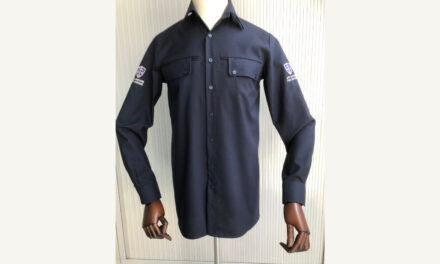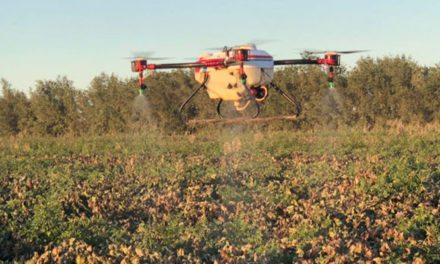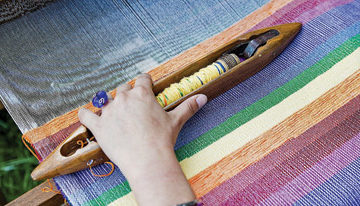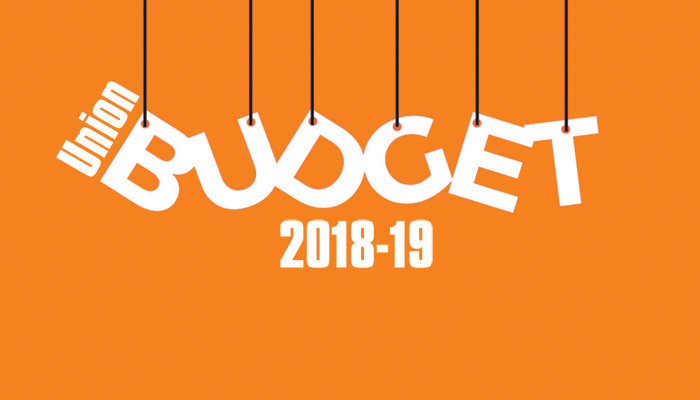 Global Fashion Agenda (GFA) recently announced the participants of the Circular Fashion Partnership. The participants include Bershka, Bestseller, C&A, Gina Tricot, Grey State, H&M Group, KMart Australia, Marks & Spencer, OVA, Pull & Bear, Peak Performance and Target Australia. The partnership is a GFA-led cross-sectorial project with several other partners.
Global Fashion Agenda (GFA) recently announced the participants of the Circular Fashion Partnership. The participants include Bershka, Bestseller, C&A, Gina Tricot, Grey State, H&M Group, KMart Australia, Marks & Spencer, OVA, Pull & Bear, Peak Performance and Target Australia. The partnership is a GFA-led cross-sectorial project with several other partners.
The partners include Reverse Resources, the Bangladesh Garment Manufacturers and Exporters Association (BGMEA) and P4G, that aims to achieve a long-term, scalable transition to a circular fashion system, according to a press release from GFA.
The partnership facilitates circular commercial collaborations between major fashion brands, textile and garment manufacturers and recyclers to develop and implement new systems to capture and direct post-production fashion waste back into the production of new fashion products.
In addition, the partnership seeks to find solutions for the COVID-19 related pile-up of deadstock and to engage regulators and investors around the current barriers and economic opportunities in the country.
The participating manufacturers are Amantex, Asrotex Group, Auko-tex Group, Aurum Sweaters, Beximco, Bitopi Group (Tarasima), Composite Knitting Industry Ltd., Crystal International Group Limited, Echotex, , Fakir Knitwear, GSM, J.M. Fabrics, Knit Asia, MAS Intimates, Ratul Group (Knitwear & Fabric), Salek Textiles, S. B Knite Composite (Sankura Dyeing and Garments) and the Northern Group.
The participating recyclers are Birla Cellulose, BlockTexx, Cyclo, Infinited Fiber Company, Malek Spinning Mills, Marchi & Fildi Spa, Lenzing AG, Recovertex, Renewcell, Saraz Fibre Tech, Usha Yarns Limited and Worn Again Technologies.
Through collaboration among the participants, the partnership aims to build a successful business model for adopting more circular processes. It plans to facilitate a decrease in textile waste and increase the use of recycled fibres, distributing value throughout the fashion value cycle and generating economic benefits in Bangladesh by accelerating the fiber recycling market.
The initiative is focusing on Bangladesh as it arguably possesses the most in-demand and recyclable waste of any garment producing country, but the majority of its waste is currently being exported or downcycled.
Therefore, there is a substantial opportunity to make it a leader in circularity by scaling the recycling capacity in the country and generating more value from these waste streams, GFA said. Following the hardships in the country generated by COVID-19, this approach also aims build industry resilience for the future.
The business model and project learnings will be presented at the end of 2021 in a ‘Circularity Playbook for Bangladesh’, which will be used as a guide to replicate the partnership in other countries, such as Vietnam and Indonesia. The partnership is still welcoming new applicants.








